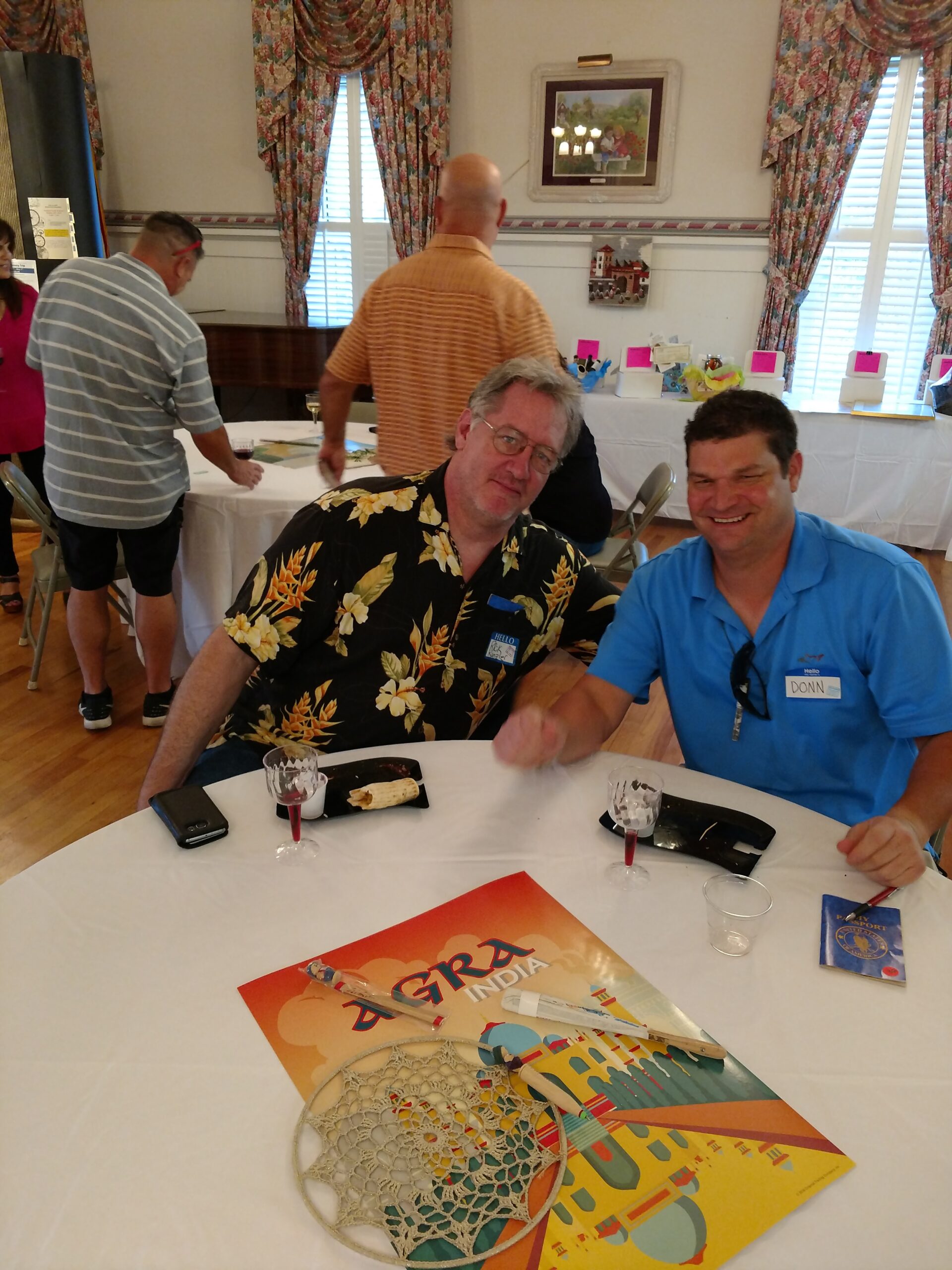Searching on the web for “Nature Coaching,” there are about 10 pages (as of today) in which this term appears, referring, from time to time, to: • Coaching sessions carried out in the natural environment • Experiences of outdoor training or experiential learning in a natural environment Here are my thoughts on this: • In …
Searching on the web for “Nature Coaching,” there are about 10 pages (as of today) in which this term appears, referring, from time to time, to:
• Coaching sessions carried out in the natural environment
• Experiences of outdoor training or experiential learning in a natural environment
Here are my thoughts on this:
• In the first case, Nature is considered simply in its bucolic/idyllic aspect capable of generating relaxation and aesthetic enjoyment in the coachee through sounds, scents and panoramas. Numerous scientific research findings demonstrate that these aspects positively impact our well-being. But the role assigned to Nature, in this case, is reductive. Nature has value in and of itself, beyond its usefulness for people. From this anthropocentric perspective, Nature is still conceived as exclusively at the service of man. And anthropocentrism is what we need to overcome now, to guarantee a future for humankind and life on Earth
• In both cases, Nature is considered a mere container and background of experience and not an active subject, alive and participating in the coaching relationship
• In both cases, the focus is exclusively on the benefits caused by Nature to people
• In the second case, the term (perhaps trendier) of “coaching” is used to refer to training activities that have nothing to do with coaching
Nature Coaching is an approach to coaching developed in connection with Nature (not in a simple “presence” of Nature). It’s aimed at restoring human beings to their natural ability to take care of themselves, of other living creatures (human and non-human), and the Earth. This way, coaching can contribute to conditions that help and sustain life on Earth, for generations to come.
This nature-centred approach has, at its foundation, a view of each person (microcosmos) as the reflection of the macrocosmos (the world around us). We all have an ancestral ability to dialogue with Nature; retrieving it means recognizing our place in the broader context of all our relationships. This way, we heal—what ecopsychologist Andy Fisher and organizational strategist Peter Senge call—the divide between self and self, self and Nature, and self and society.
In particular, in my way of conceiving and practicing Nature Coaching:
• Nature is the co-coach: The role of the coach, in this case, is precisely to facilitate the coachee’s dialogue with their inner Nature, through the connection with the natural elements around them. The Nature Coach’s skills are focused on facilitating self-listening, mindful presence, silent observation, awakening and what I call our “organic knowing,” the innate system that all living beings have to survive, adapt and evolve in response to the context around us




